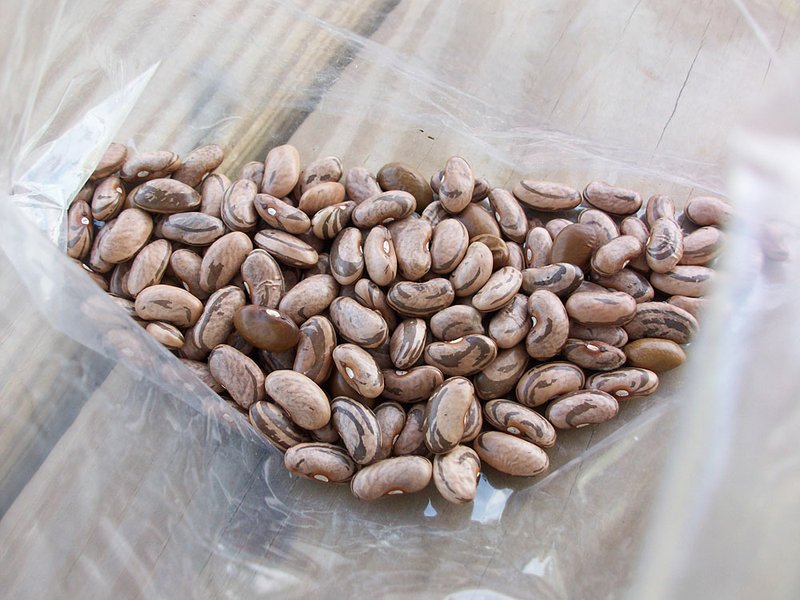LITTLE ROCK — Seed-saving is an old and popular tradition in Arkansas. My grandmother - like her mother before her - kept the seeds of her tomato, corn, cucumber and bean plants as an affordable way to start the following year’s crops. She also shared them with friends, family and neighbors, who were generous with their seeds in return.
That communal and cost-saving practice all but ended with my grandmother’s generation - with the exception of a handful of farmers and garden enthusiasts who continue to grow vegetables and flowers using seeds passed down from generation to generation.
Families who haven’t carried on the tradition have essentially lost part of their heritage, devotees say. In Arkansas and elsewhere there’s a growing movement to find and save as many varieties of garden seeds as possible. Organized seed swaps and programs that educate gardeners about how to preserve seeds are at the forefront of the efforts.
Conserving Arkansas’s Agricultural Heritage, a program at the University of Central Arkansas in Conway, is charged with collecting heirloom or open pollinated seeds and finding out the stories behind them and recording how the varieties have acclimated to their environment. Open-pollinated varieties are nonhybrids that will grow true to type from generation to generation.
“The mission for us is basically to document open pollinated, traditional or heirloom varieties,” says program Director Brian Campbell. “We think it’s very important that we have diversity in our seed population, so that we have seeds that can adapt to changes in the environment - whether that be climate [change], virus or pest.”
The program’s leaders encourage farmers with successful heirloom crops to give some of their seeds to the effort. Conserving Arkansas’s Agricultural Heritage also distributes heirloom seeds and information to local farmers and gardeners.
The need is pressing, Campbell says, citing statistics on the loss of vegetable varieties. “There are estimates from the food and agricultural organization of the United Nations that 90 percent of traditional varieties of lettuce and other things have been lost within the United States.”
Many varieties fell victim to the popularity of hybrid plants grown for their ability to produce a certain yield or ripen in a certain timeframe. Hybrid plants, the result of cross-pollinating two or more varieties of a plant, do not produce seeds that maintain the parent plant’s characteristics.
In several communities across the state, individuals and gardening clubs have also taken up the cause.
“What we have encouraged a lot of attendants at our seed swap to do is just to start with one crop,” says Katy Ochoa of the Fayetteville Community Garden Coalition.
“You don’t have to save all of your seeds, but maybe just save one type of pea that you grow or one type of tomato.” Ochoa also says she encourages participants in the Fayetteville Community Seed Swap to start out small.
“If you’re in tune with the needs and growth of your garden, it’s something that happens naturally so you just kind of help to facilitate it,” she says. “For example, you pick the strongest plant and save the seeds from that plant.”
HomeStyle, Pages 33 on 08/27/2011

